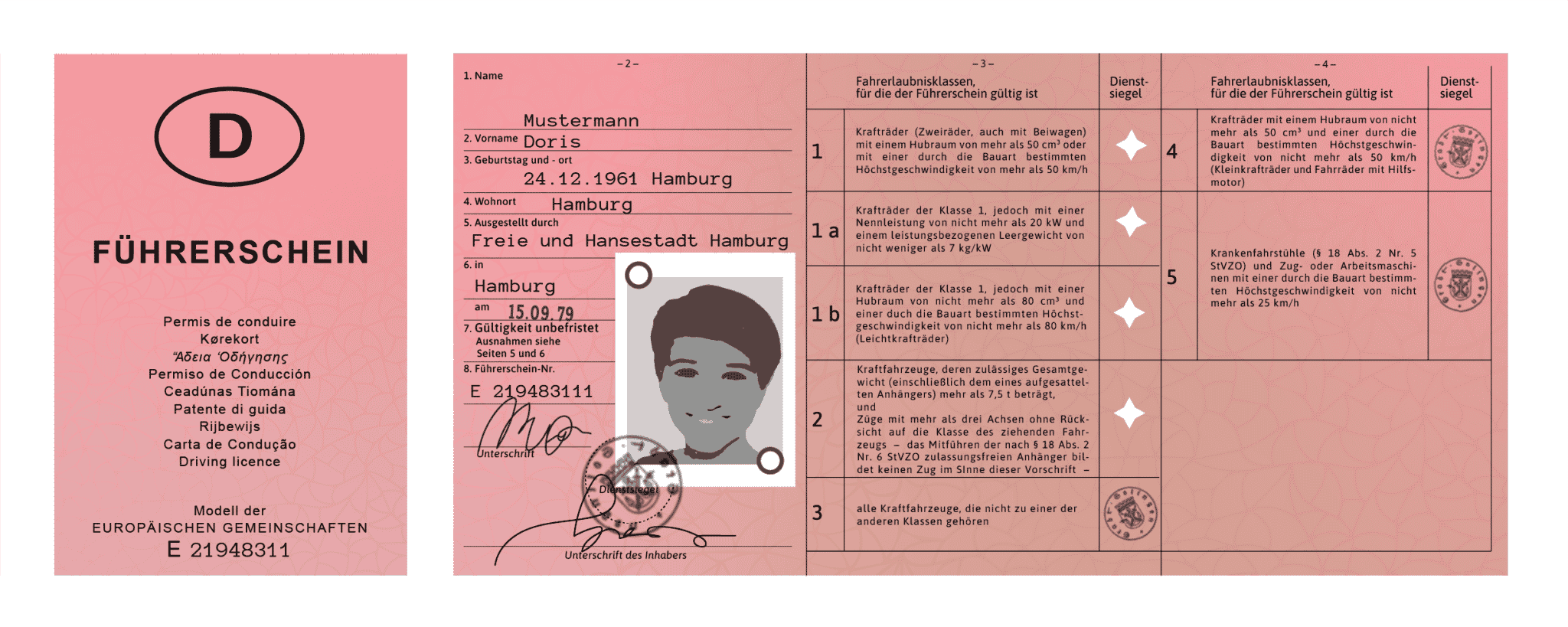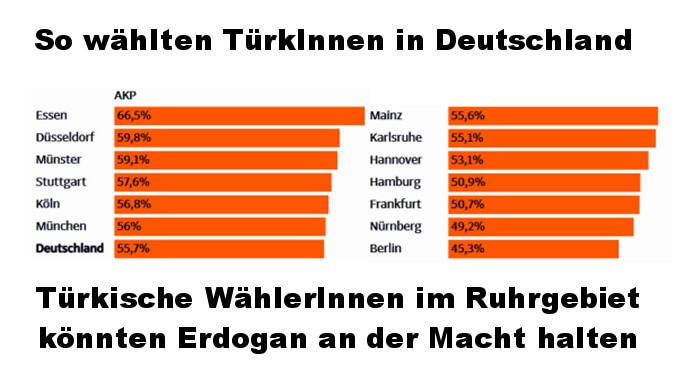Gallery
Photos from events, contest for the best costume, videos from master classes.
 |  |
 |  |
 |  |
 |  |
 |  |
 |  |
But you are missing that Wie geht's? doesn't feature Frau Wachter by personal pronoun at all. So it doesn't say anything about familiarity. Wie geht's dir? — familiar Wie geht's Ihnen? — distant Wie geht's? — undefined In your example, it is however determined by addressing Frau Wachter by last name. That's distant. Was ist der Unterschied zwischen "wie folgend" und "wie folgendes", z. B.: Meine Arbeitszeiten sind wie folgend: Meine Arbeitszeiten sind wie folgendes: Ich bin so groß wie du. Ich bin größer als du. Aus genau dem Grund geht "ähnlich wie" nicht: das "wie" behauptet eine Gleichheit, das "ähnlich" das genaue Gegenteil, nämlich eine partielle Übereinstimmung, aber eben keine vollständige. Nachbemerkung, nur für den Fall, daß der Einwand "fast so groß wie du" kommt: Ich bin fast so groß Was ist der Unterschied zwischen "wie folgend" und "wie folgendes", z. B.: Meine Arbeitszeiten sind wie folgend: Meine Arbeitszeiten sind wie folgendes: 21 Wie viel is used for uncountable things like: Wie viel Reis ist auf dem Teller? while wie viele is used only for countable things. In your example: Wie viele Sprachen sprechen Sie? is correct. Think of it as how much (wie viel) and how many (wie viele) in English. Using "was" instead of "wie" would be incorrect. "Beatrix, weißt du wie der Schauspieler in Casablanca heißt?" is the correct question. "Was ist dein Name?" is incorrect! (Correct: "Wie ist dein Name" or "Wie lautet dein Name?" or used more often "Wie heißt du?") In German you use "wie" when you ask for someones name, someones feeling, quality, quantity, frequency and duration. Using "was" instead of "wie" would be incorrect. "Beatrix, weißt du wie der Schauspieler in Casablanca heißt?" is the correct question. "Was ist dein Name?" is incorrect! (Correct: "Wie ist dein Name" or "Wie lautet dein Name?" or used more often "Wie heißt du?") In German you use "wie" when you ask for someones name, someones feeling, quality, quantity, frequency and duration. Ich bin so groß wie du. Ich bin größer als du. Aus genau dem Grund geht "ähnlich wie" nicht: das "wie" behauptet eine Gleichheit, das "ähnlich" das genaue Gegenteil, nämlich eine partielle Übereinstimmung, aber eben keine vollständige. Nachbemerkung, nur für den Fall, daß der Einwand "fast so groß wie du" kommt: Ich bin fast so groß Here are my questions: Does it matter when to use each of the two? Is there any difference in the literal translation of them? Are both of them correct when you speak and write? Verlangt wie (im Sinne von zum Beispiel) einen speziellen Fall, oder wird der gleiche Fall wie beim vorangegangenen Objekt verwendet? Was ist z. B. korrekt: Bedingt durch Faktoren wie [d The wie in the first sentence is equivalent to how. The way of infection is the way, how the infection is carried from one person to another. The dass in the second sentence is a difficult and pretty ugly way of expressing the meaning. The dass is equivalent to a indem (by). Yntema managed to do this by making the loaded weight of all types of products addable with the help of cost-equivalence Diese Frage wurde auch hier (auf Englisch) beantwortet: How to pronounce email address in German? Recht häufig muss ich am Telefon eine E-Mail-Adresse mitteilen. Im direkten Gespräch schreibe ich Verlangt wie (im Sinne von zum Beispiel) einen speziellen Fall, oder wird der gleiche Fall wie beim vorangegangenen Objekt verwendet? Was ist z. B. korrekt: Bedingt durch Faktoren wie [d When do you use wie and was in German? For example: What is your name? I understand you ask the question with wie instead of was. Diese Frage wurde auch hier (auf Englisch) beantwortet: How to pronounce email address in German? Recht häufig muss ich am Telefon eine E-Mail-Adresse mitteilen. Im direkten Gespräch schreibe ich The wie in the first sentence is equivalent to how. The way of infection is the way, how the infection is carried from one person to another. The dass in the second sentence is a difficult and pretty ugly way of expressing the meaning. The dass is equivalent to a indem (by). Yntema managed to do this by making the loaded weight of all types of products addable with the help of cost-equivalence Here are my questions: Does it matter when to use each of the two? Is there any difference in the literal translation of them? Are both of them correct when you speak and write? When do you use wie and was in German? For example: What is your name? I understand you ask the question with wie instead of was. 21 Wie viel is used for uncountable things like: Wie viel Reis ist auf dem Teller? while wie viele is used only for countable things. In your example: Wie viele Sprachen sprechen Sie? is correct. Think of it as how much (wie viel) and how many (wie viele) in English. But you are missing that Wie geht's? doesn't feature Frau Wachter by personal pronoun at all. So it doesn't say anything about familiarity. Wie geht's dir? — familiar Wie geht's Ihnen? — distant Wie geht's? — undefined In your example, it is however determined by addressing Frau Wachter by last name. That's distant.
Articles and news, personal stories, interviews with experts.
Photos from events, contest for the best costume, videos from master classes.
 |  |
 |  |
 |  |
 |  |
 |  |
 |  |